HOMEWORK CLUB
I clearly remember a question being asked in September 2015, what were our former Neighbourhood Care Points (NCP) children doing of late”. “Of late” I wondered? Our conservation was furthered with interest on what our community children that had been previously supported by All Out Africa were doing!! What was their current enrollment at primary school and children progress?
Although, I was fairly new in my position at All Out Africa, having joined the organization in May 2015, these questions needed answering;
For a number of days, a lot of things were going through my mind on how these questions couldbe answered in a more practical and physical environment. More so how could one monitor a sponsored child progress at school on a monthly or perhaps a weekly basis.
I honestly did not know where to start. I geared up myself to face this challenge and I startedgathering some information as part of a resource mobilization approach in getting an activity up and running, that would simply indicate a child’s learning, ability and progress at school.
What made it worse for me was that I had no teaching experience in any particular formwhatsoever. In any case my heart felt that perhaps if I set up a sustainable pilot outreach programas an afternoon program/activity for our sponsored children, is could possibly answer most of the questioned asked.
I knew back than I would encounter a few problems, mainly getting some of our children in one room to interact with, to basically find out their challenges at school, and perhaps even further challenges they faced at home or at community, because all this would later affect theiradulthood.
After liaising with our project partners. I informed them of an idea, in setting up a “homework club” for some of All Out Africa sponsored children. A list of 16 sponsored primary school children was submitted to two head teachers.
I have to admit, the first few sessions of the first initial homework club was scary, especially because students were new to this and had no idea on how to react to this to such an initiative. Having an afternoon activity dedicated to them, to improve or strengthen their English, Math and a bit of science skills was just overwhelming for all parties, including myself. I was more amazed on how the attendance rate was consistent throughout the weeks and months since club was set up!!!
Due to the success of the first pilot project of the homework club, a second club was rolled out in August 2016, where 15 primary school students from Ezulwini community school started attending this club. Then earlier this year a third “homework club” was introduced, with another 12 students.
I felt that every problem had a solution. As an organization we have not only achieved one of our goals, in meeting and providing sustainable projects with the communities in which we work. Our 3 times per week “homework club” had quickly became another success at All Out Africa, Swaziland. Not only have we provided answers to all these questions. “Early Childhood Education and Development” has continued to strive in a child’s everyday life by opening these clubs. It’s truly been a rewarding experience for me to see this initiative grow. This, in part I hope, shall ensure that a child gets into the habit of doing homework at home on an everyday basis in addition to attending a club once a week.
Written by Tjengisa Dlamini – Social Projects Manager

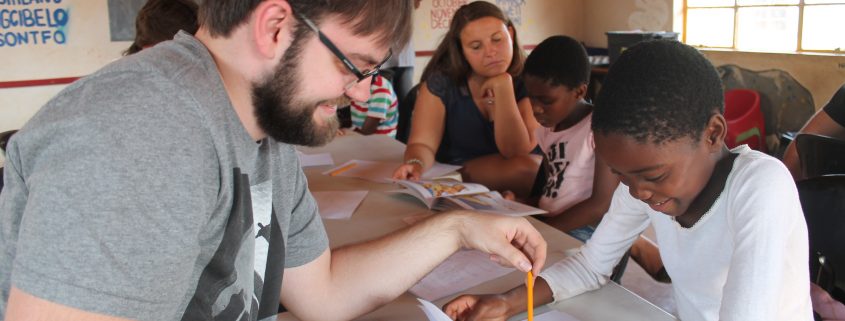
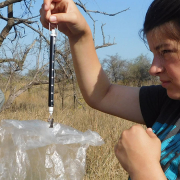 Kim
Kim 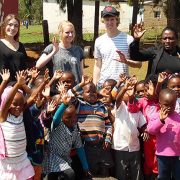
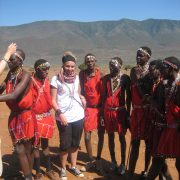

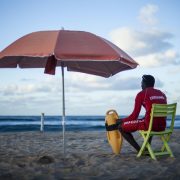

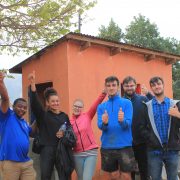
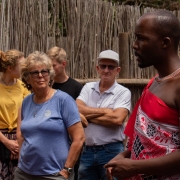


Leave a Reply
Want to join the discussion?Feel free to contribute!